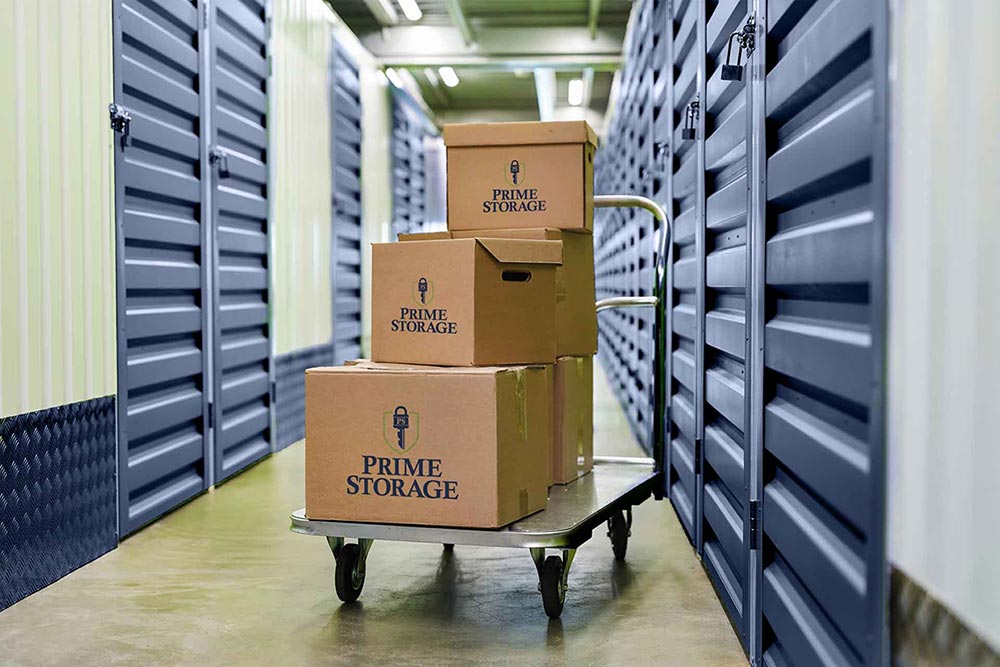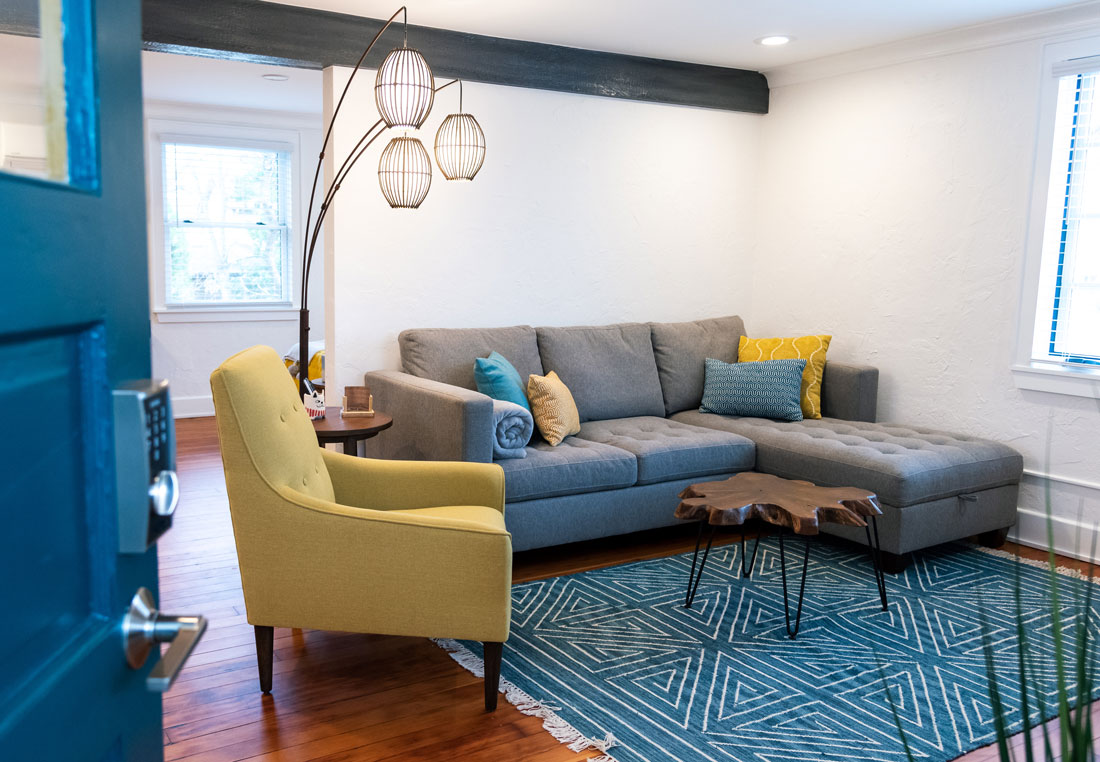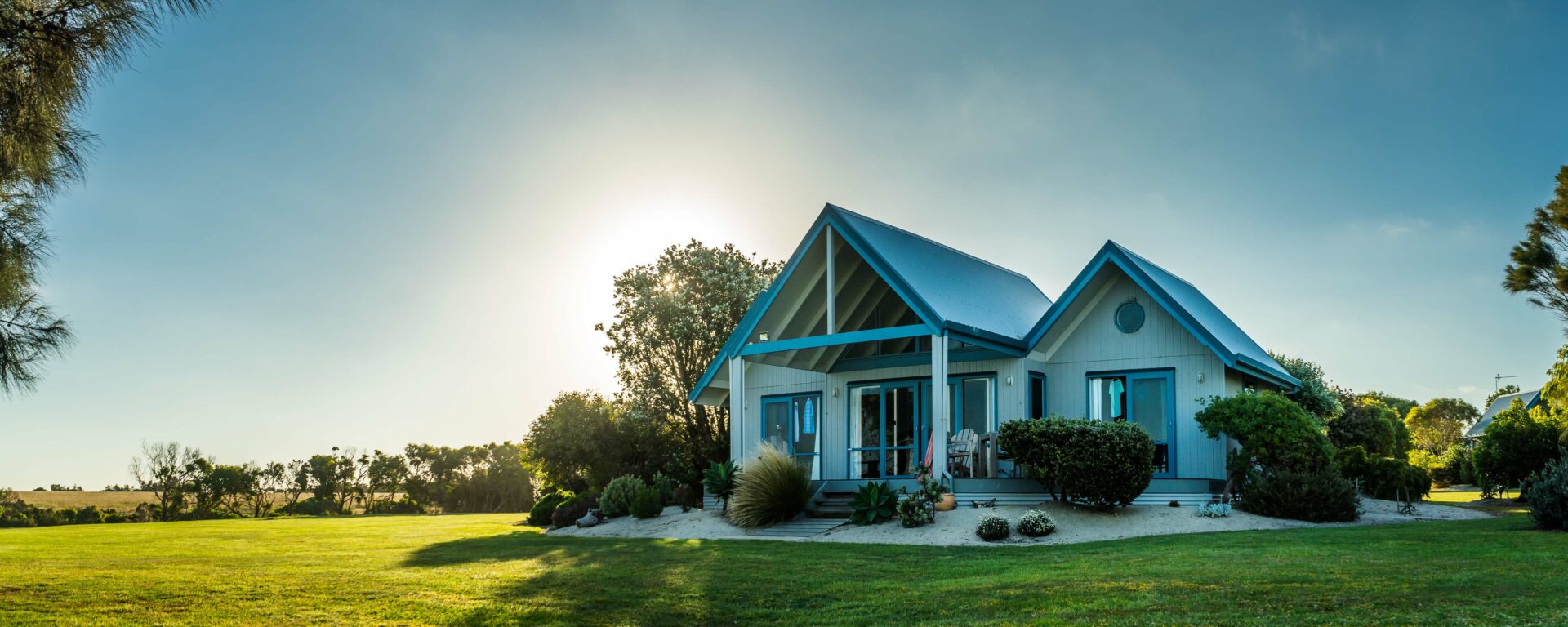8 Storage Considerations to Make When Renting Out Your Home
Listing your home on Airbnb or VRBO? Consider storing before renting.
Thinking about renting out your home or seasonal property? Whether you have a cozy cabin, waterfront property, or city apartment, there are a few things you need to keep in mind when it comes to your personal belongings.
Properties on Airbnb, VRBO, and similar sites that are seeing the highest traffic are those that are private, quiet, have local flair, and offer all the comforts of home. Many travelers are opting for rentals because they do not feel generic and sterile, and give them access to home amenities, such as a fully equipped kitchen.
But, despite the desire for hominess, there is something that can be unsettling about renting a space that feels like you are invading someone’s home. As the owner, making sure your own personal property is nicely tucked away or stored will ensure your guests feel more comfortable – and will give you peace of mind that certain items of yours will not be used.
Here are some top storage considerations & tips when renting out your home:
- Determine What Spaces are “Sharable:” Designate areas of the house/apartment that you do NOT want the renters to be going into. Areas could include a specific closet, basement, garage, or shed. Just because you’re renting out your home does not mean you have to rent out every. For any of these areas deemed “off limited,” purchase a lock to help secure valuables. If the area cannot be locked, you will want to consider a storage unit.
- Utilize Closet Space: Designate closets for your belongings and for items that are used for the rental process. A closet for your own belongings – that you could lock – is a great place to quickly store items you want to keep out when you’re not renting. Some items include framed family photos, artwork, personal linens & towels, personal toiletries, and medications.
If you have another closet available, use it for “shared” items: shared linens & towels, bathroom necessities (such as toilet paper), travel-sized products, cleaning products, and a vacuum/broom.
Also, consider getting a home lockbox. These are typically small and can be tucked away in closets, basements, and cabinets. A lockbox can house any keys you have for rooms or furniture that are kept locked.
- Utilize Your Basement: For rentals with a basement, purchase plastic tubs and other storage boxes to take advantage of the space you have.
If you have a basement that guests would hang out in, you can still utilize this space! Neatly tuck tubs and boxes away on shelves and cover the shelves/boxes with a clean, neutral sheet. If you do not have shelving units, neatly stack your tubs and boxes against the wall. Since these tubs and boxes could be opened by guests, you should only include valuables that you’d feel comfortable sharing with them. Games, blankets, DVDs, and extra bedding would be ideal for basement storage.
- Reassess Your Attic: Take advantage of your attic or crawlspace. It is unlikely that renters will need to go into these spaces. Since an attic can be a bit of a pain to access, so consider placing items that aren’t needed as often. These items would include seasonal décor, outdoor decorations, old bicycles, and unused, sturdy furniture. Just be mindful that items stored away in an attic may not be as protected from changing temperatures.

- Decide What Should Be Stored Off-Site: You may not feel comfortable storing everything in your home, despite being able to lock spaces. Some items you may want to store off-site include jewelry, heirlooms that cannot be replaced, prescriptions, private documents (bank statements, tax records, social security cards, medical documents), and anything that renters could find controversial, such as certain books, magazines, or publications.
- Provide Guests with Instructions: It’s not uncommon for renters to provide instructions to guests with basic “house rules,” Wi-Fi passwords, and cleaning checklists. This is the optimal place to include any special instructions as to where guests should and should not go in your home. Politely let them know which rooms and closet spaces are “guest-friendly.”
- Storage Space for Guests: While you may be focused on storing your own items, make sure you’re also clearing space for guests. They will need closet space, empty drawers, and a clear area on a bathroom vanity for their belongings. For each of these spaces, provide guests with organizational necessities – hangers, bins, clothing racks, etc. – as well as bathroom & linen essentials that they would be provided at a hotel.
- Choose a Storage Unit: If you do not have enough storage space in your home or have any valuables that you’d prefer to store off-site, it’s time to rent a storage unit. When choosing a storage unit, consider the type and rental agreement duration. Determine whether or not you need climate control or drive-up accessibility based on what you’re storing. Also, opting for a month-to-month rental will free you from committing to more time than you actually need. To find a short-term storage unit near you that will help you on your home rental journey, visit primestorage.com.



